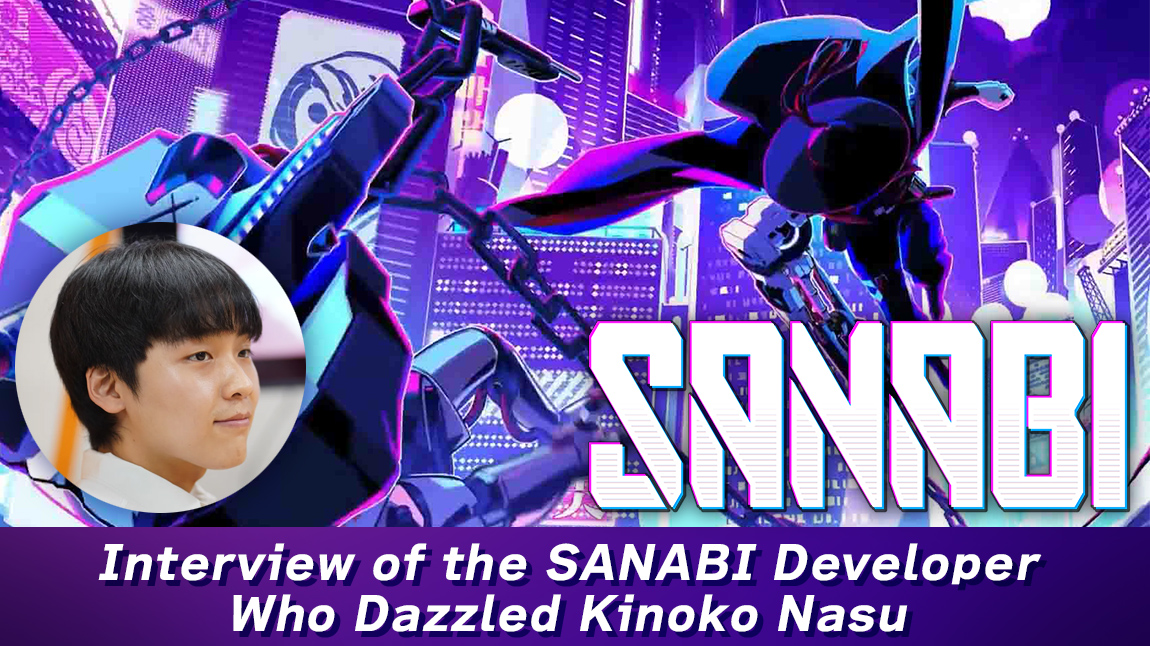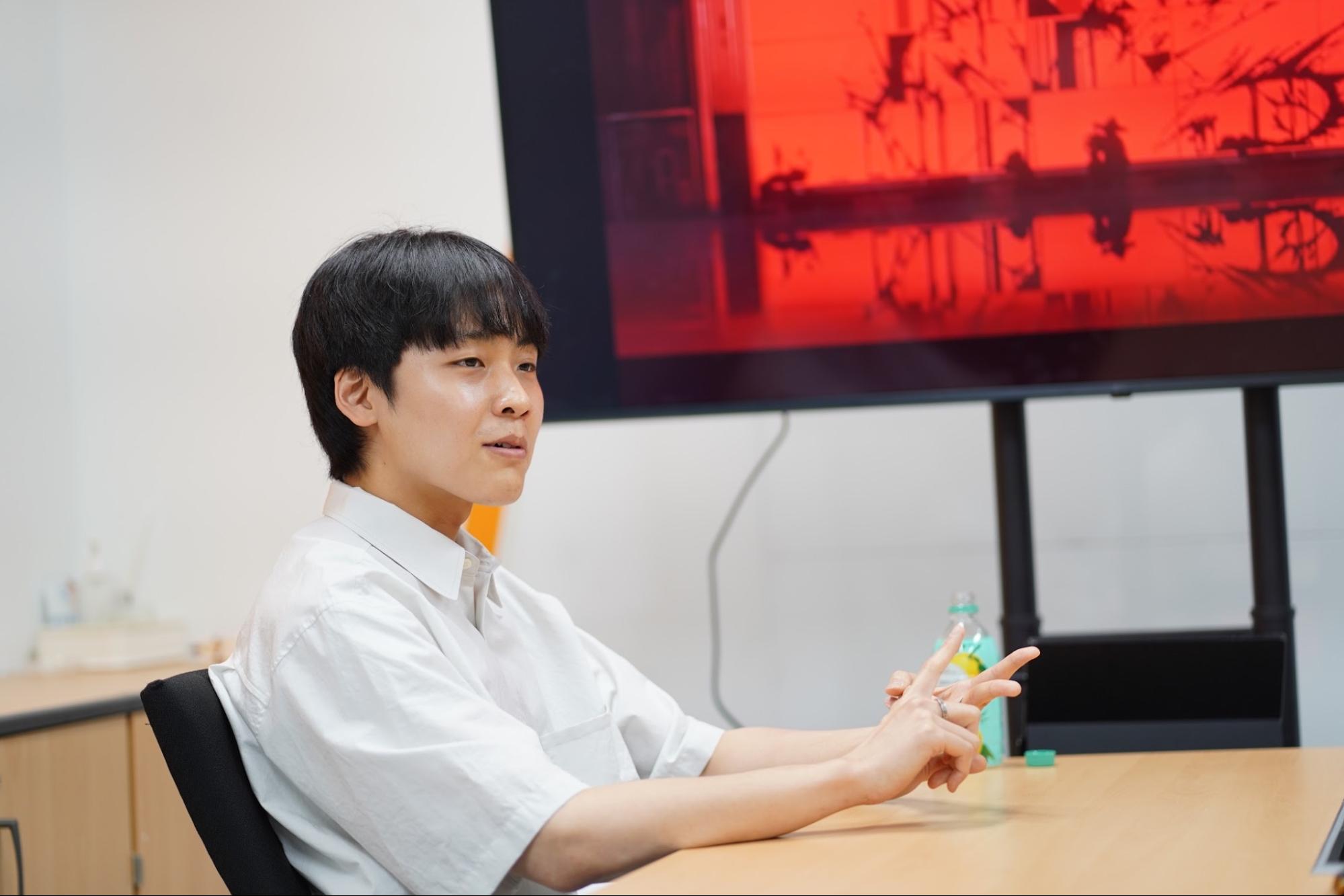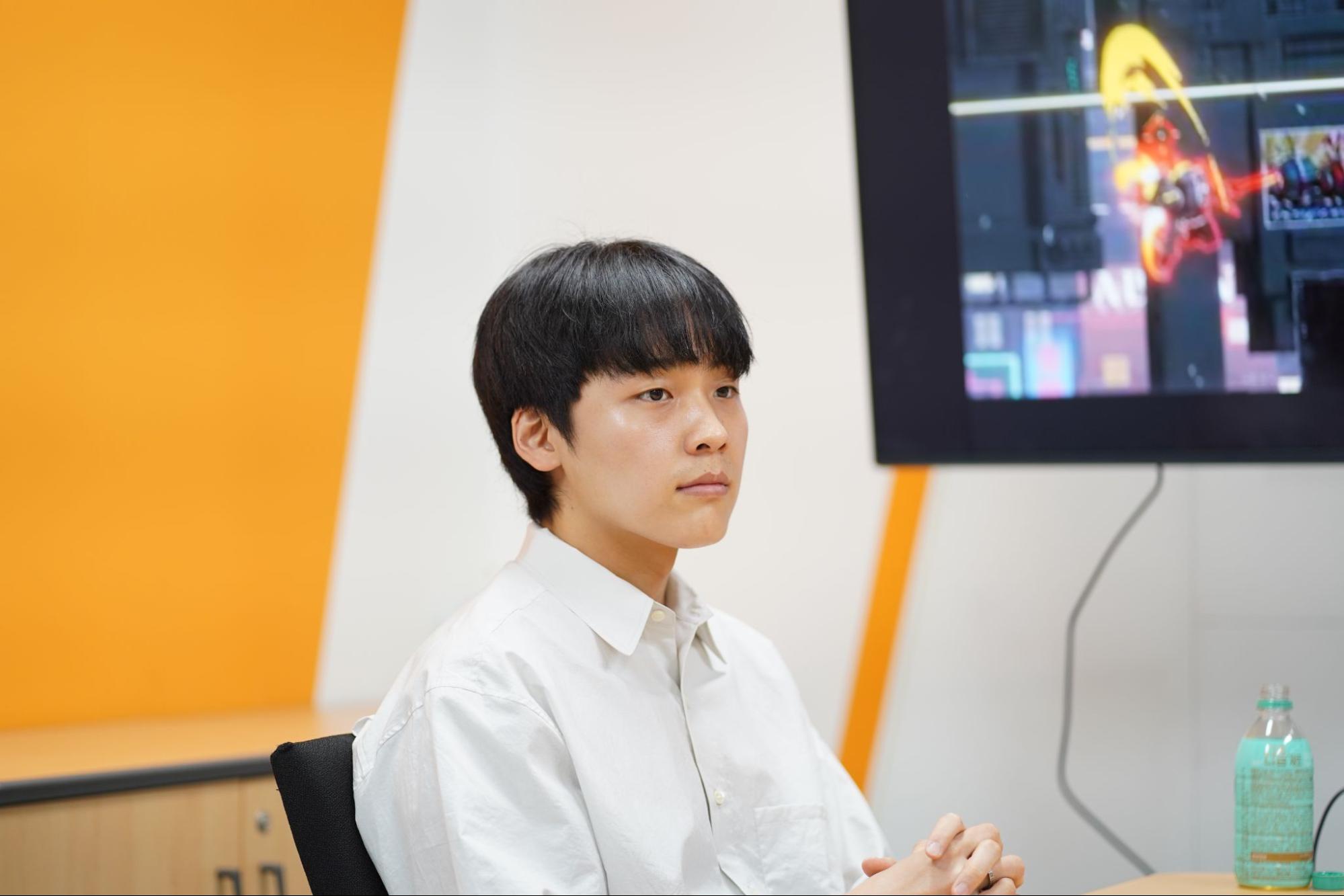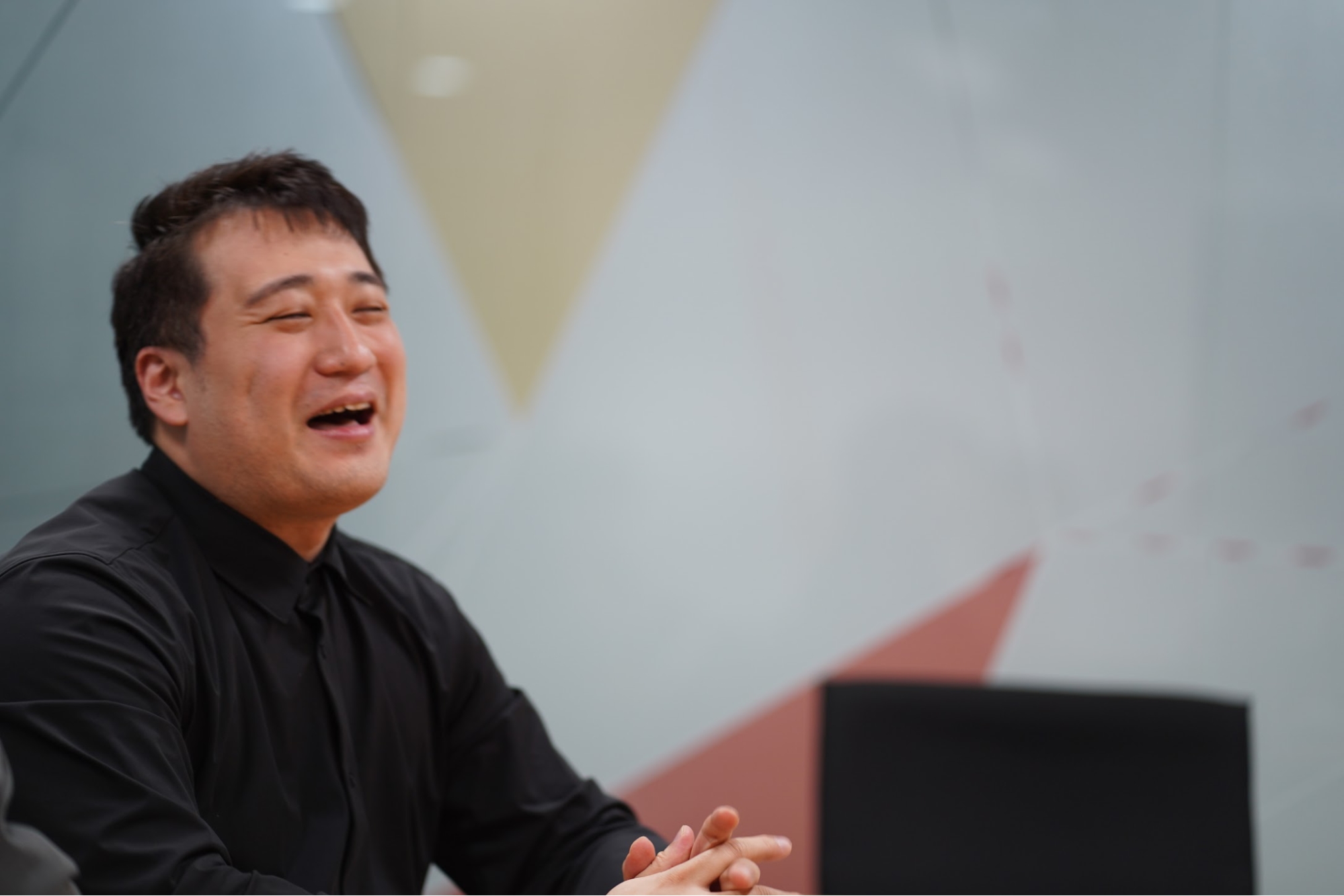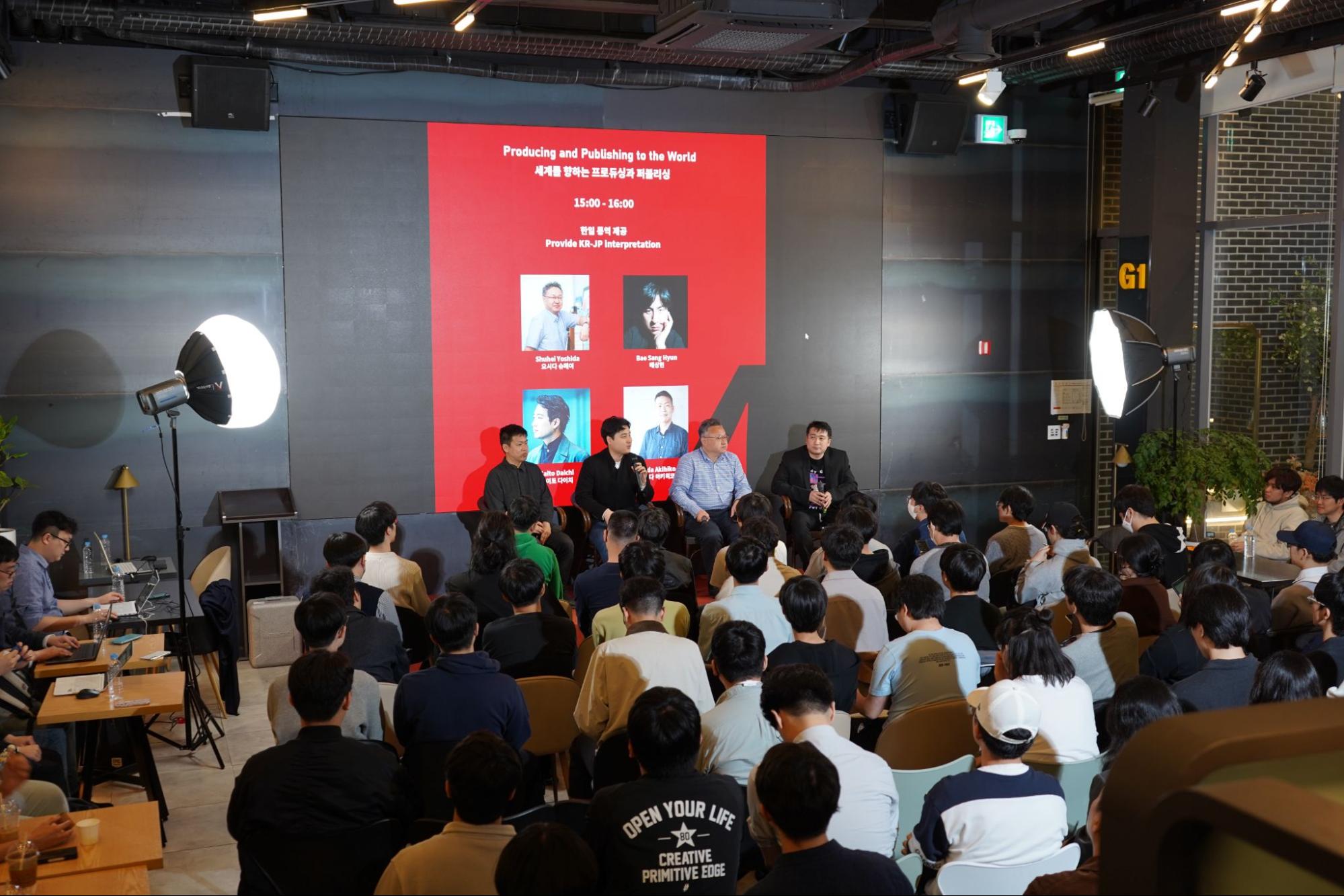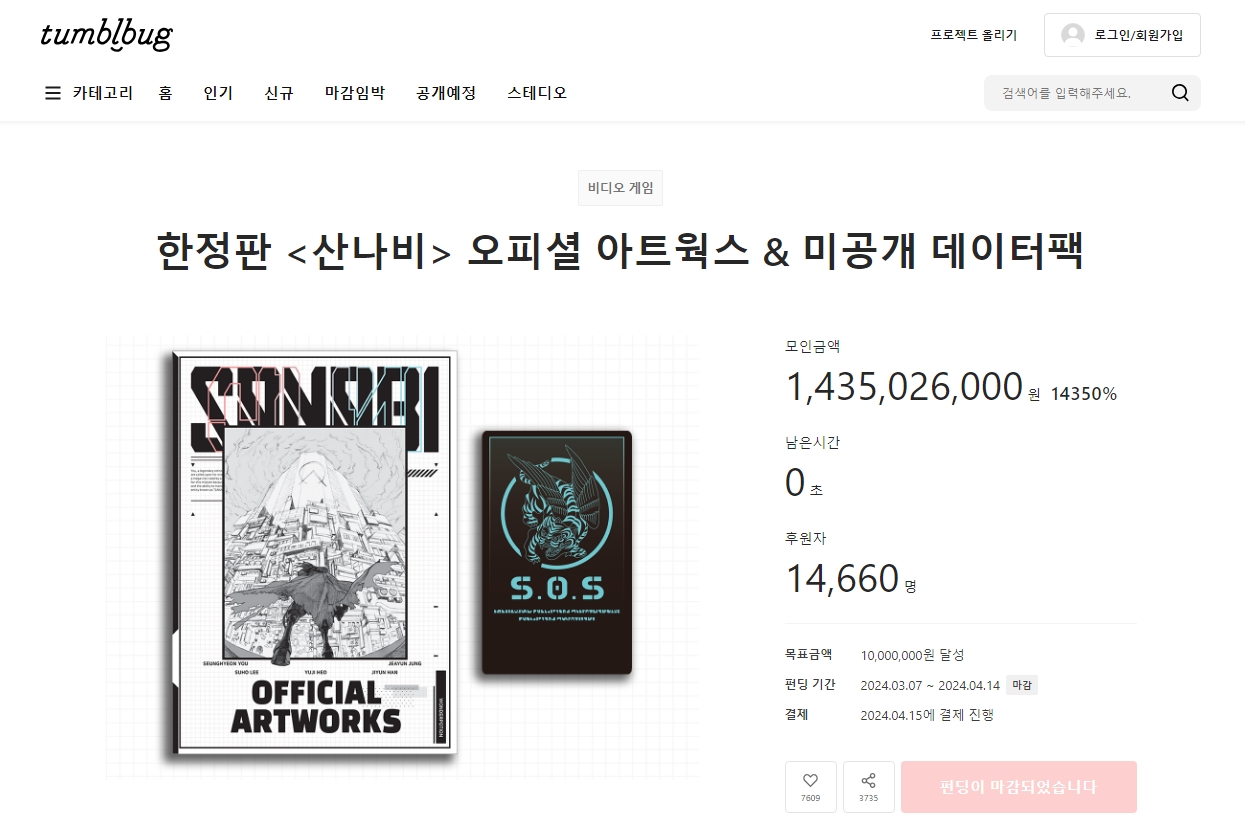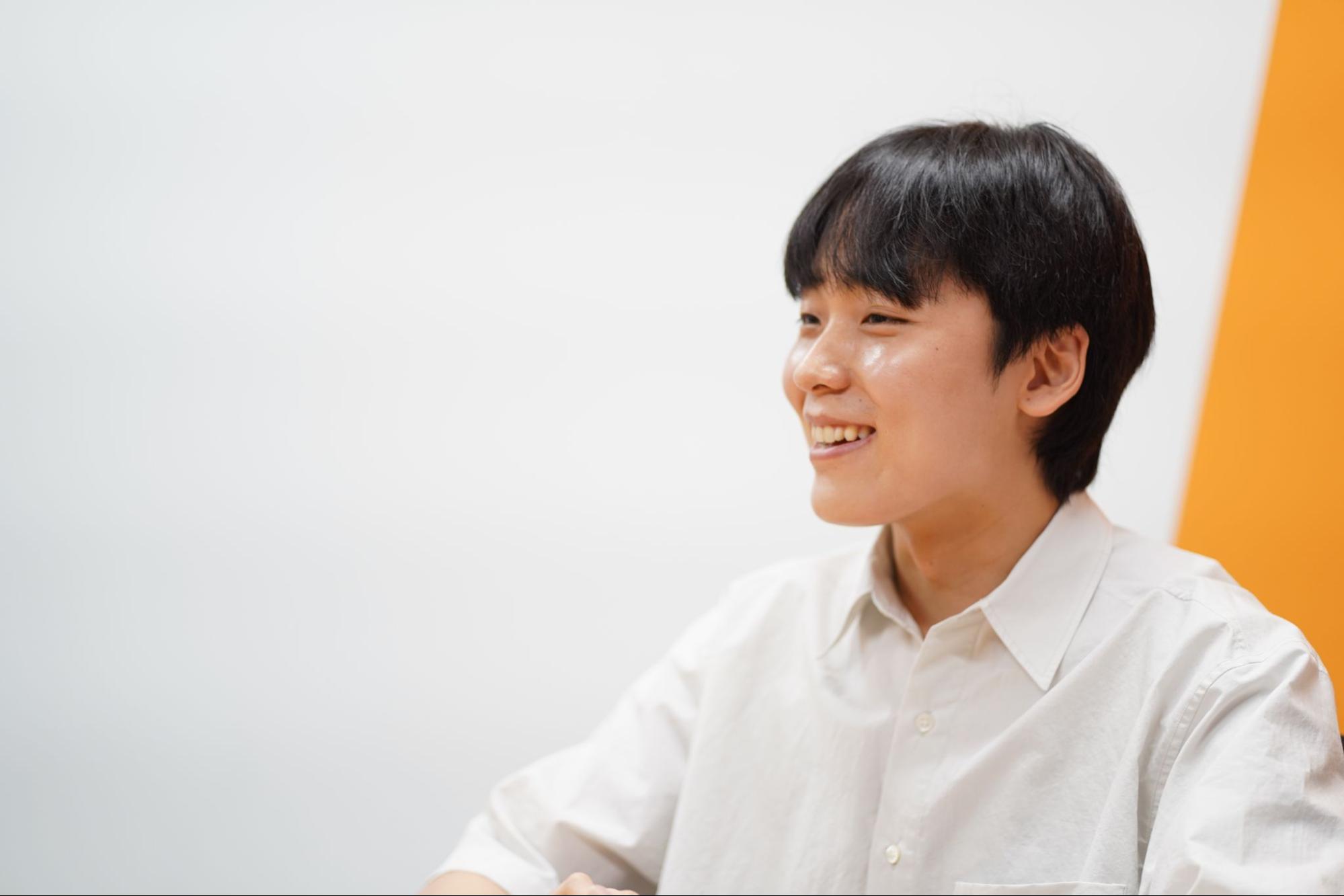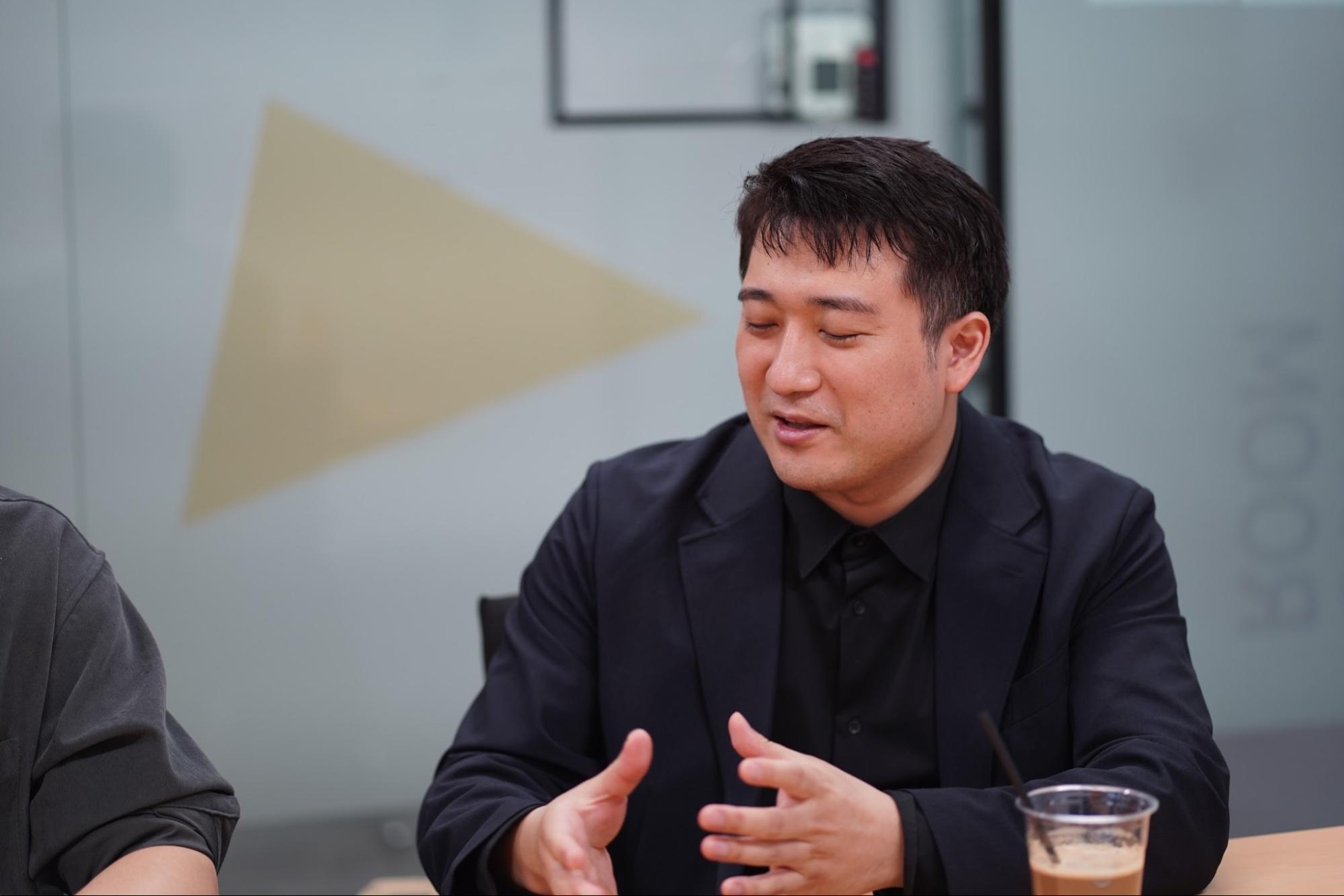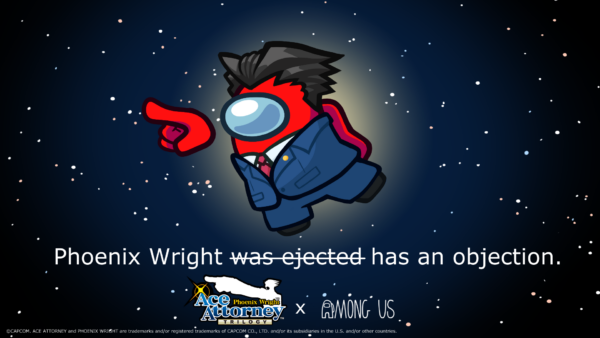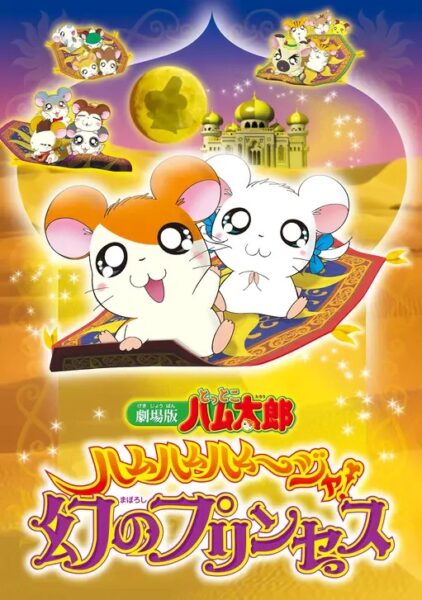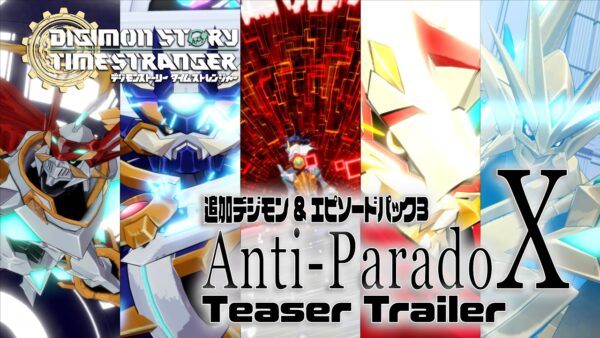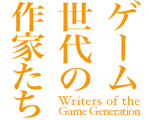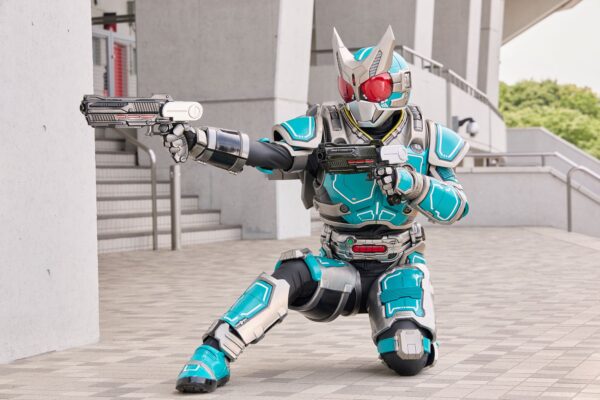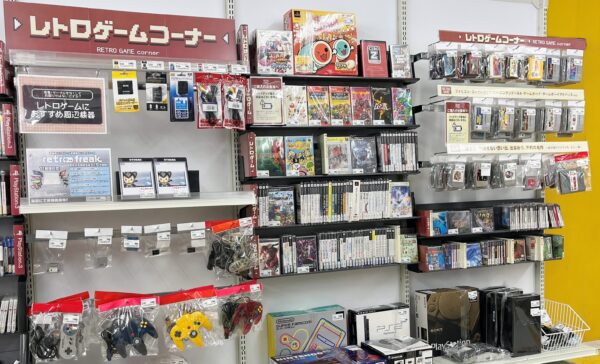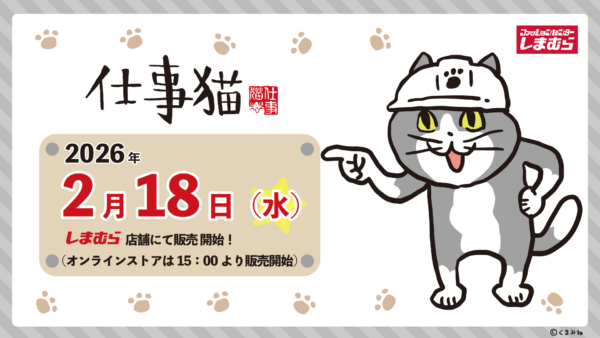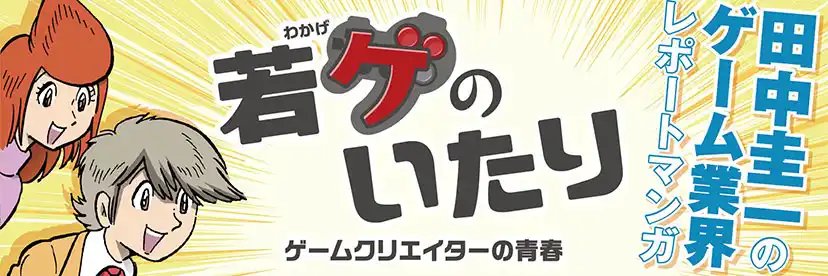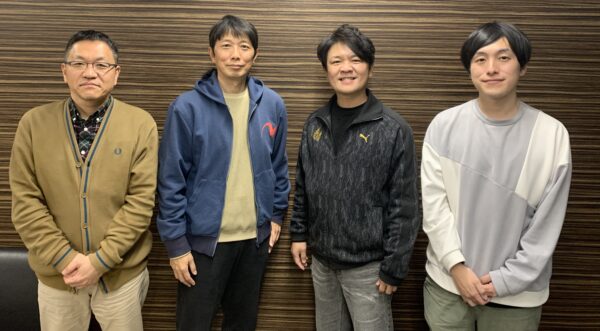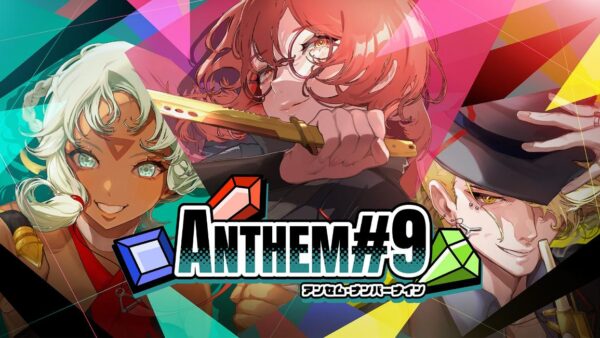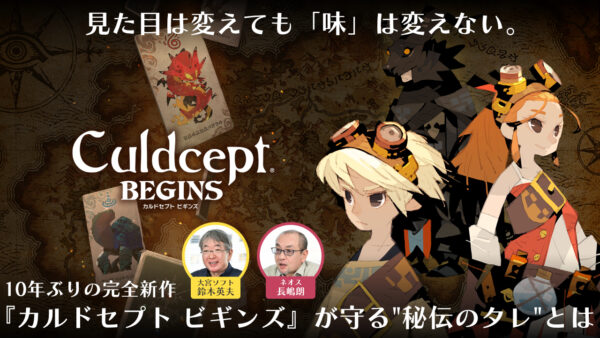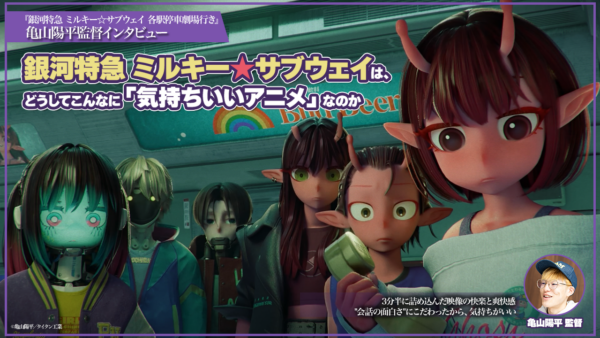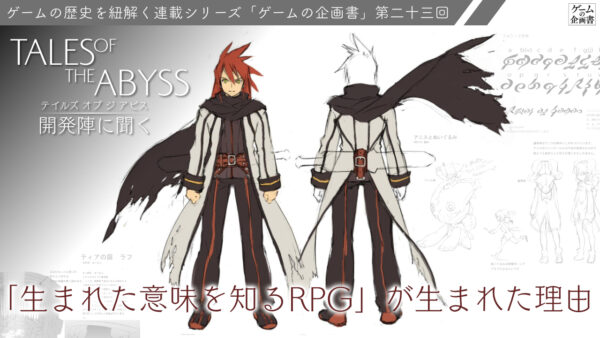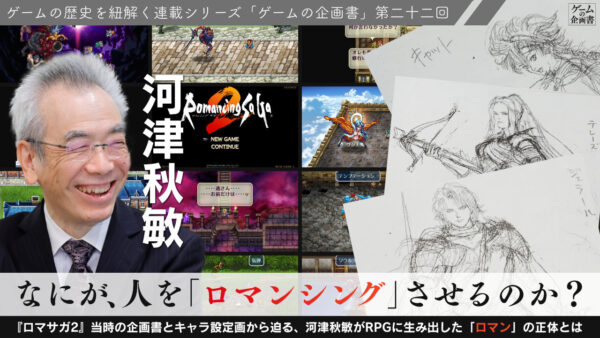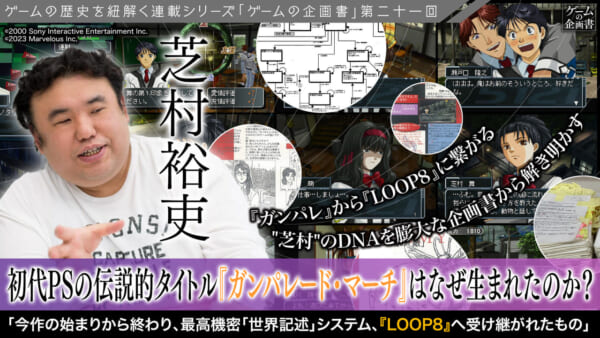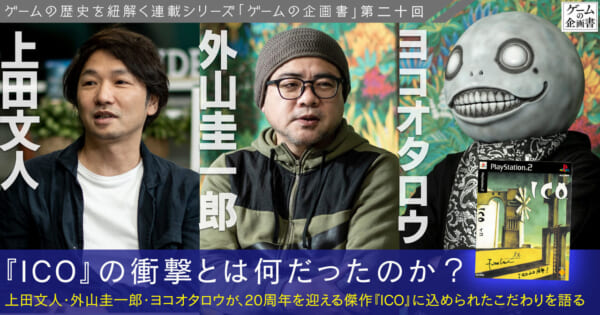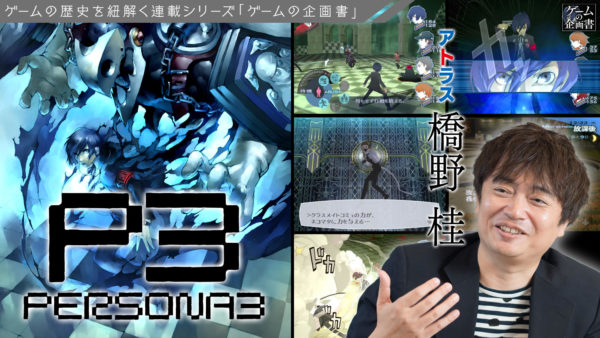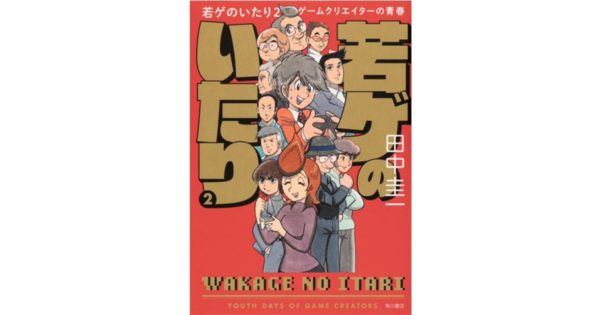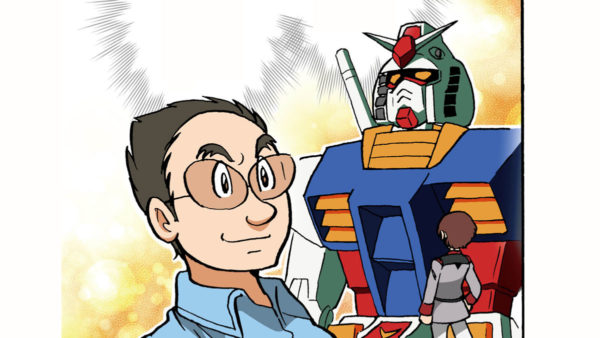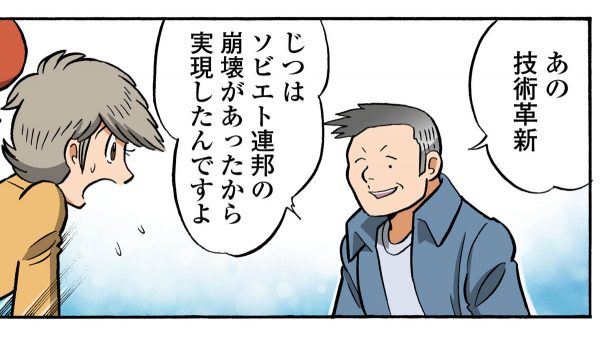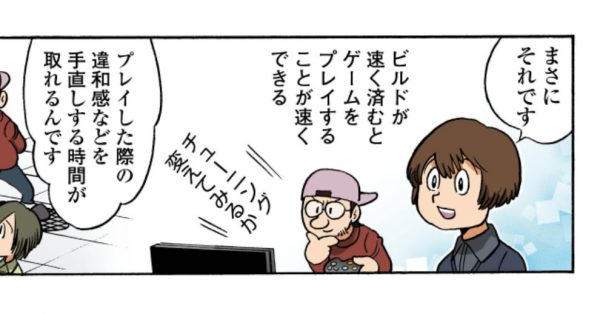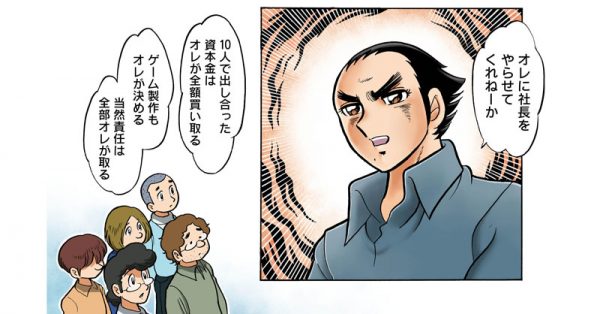Crowds of Youth at Game Jams
──I’d like to ask now about your team members. How did you gather the five members of the SANABI development team?
You:
I gathered people mostly through game jams.
At that time, I had originally thought of recruiting people from my university’s game developer club, but when aiming for something business-level, I felt a small club would be limiting.
So I set out in search for members who would fit with my intention and vision, and I participated in game jams held all over Korea. I participated in just about everything I could, from online events run by individuals, to one of Korea’s biggest indie game festivals, Busan Indie Connect Festival (BIC), and events hosted by big companies.
The majority of participants at game jams are there because it’s their hobby. Finding serious personnel among such a crowd was pretty rare. I directly contacted anyone I thought would be good, which is how I gathered the members we have now.
Well, saying I wandered around game jams the whole time might not be accurate since there are only about 7 or 8 game jams in Korea per year.
──It’s interesting that you gathered your team from game jams instead of somewhere you’re more familiar with. If that’s the case, then does that mean your team consists of people of all ages, from older, more experienced members to students?
You:
One member was just a third-year high school student when I met him. He’s still on the team.
Saito:
Who’s the oldest member of your team?
You:
That would be me at 29 years old.
All:
Wow!
You:
Huh…? Is it really that surprising?
──For SANABI to have come from a team whose average age is in the mid-twenties is honestly something I never could have imagined.
You:
I’m not that young. If you go to indie game festivals in Korea, I’m just about the oldest person there. Recently whenever I go to game jams, about 70% of the participants are middle schoolers.
Saito:
M-Middle schoolers make up 70%?!
──That’s crazy.
You:
Actually, teens in Korea are insanely passionate about games.
Whenever game jams or festivals are held, teenagers come in droves. You even wonder where they hear of the events.
Yesterday, I gave a talk at the Interactive Arts Conference, which was hosted by Bae Sang Hyun who is in attendance here, and the audience was filled with young people.
Saito:
Actually, I attended that conference as a panelist. It was exactly as you say–packed. There were lots of panels on topics that wouldn’t interest the typical gamer, like game reviews and production strategies, but the huge number of young people listened with incredible interest.
That sort of enthusiasm was really puzzling, but I see now… So that’s the context.
──So that was the foundation for a game like SANABI to come from a young game developer team.
Fundraising Through Every Means Possible
──I still can’t get over my shock about Korean teenagers…but let’s move on to the next question. When you started developing the game, I believe you were still in college, but did you feel uneasy about graduating during the development period?
You:
Actually, took a break from school while I was developing the game, so I’m still in college.
Since Korea has conscription, a lot of male students take a break from school to join the military. Nonetheless, it’s usually just two years, but my generation experienced the COVID pandemic. As a result, they made an exception which allowed students to take a break of up to six years.
If I had graduated like normal, I may have worried about finding a job. But our game became a hit while I was still a student, so it worked out in the end.
──What about raising funds? From what I gather, you raised funds from all sorts of routes, from your publisher (Neowiz) to crowdfunding (Tumblebug) to early access.
You:
First off, Korea has a system for providing funds to small game companies, so we received assistance that way. Then we entered competitions and won prize money that we used for development costs.
The turning point was when we won an award at BIC. We received an offer from Neowiz which is how we got our publisher. Then we independently crowdfunded on Tumblebug, and started early access…
Thinking back on it, I think we didn’t have a plan for long-term fundraising from the start, and we were always struggling with how we could raise the funds we needed at that moment.
──By the way, at the time of the crowdfunding, what was the response to 『SANABI』 from within Korea?
You:
We started crowdfunding around our second year of development, but a lot of people had apparently already heard of 『SANABI』 from game shows, competitions, or YouTube, so we had a very big response.
What surprised me was that these fans did a grassroots spreading of information for us by telling others that our game was crowdfunding. And on top of that, we released the demo version of the game when we started crowdfunding, which had a favorable reception and worked in our favor. Lots of people were drawn in by playing the intro and became fans.
One of our music composers, Invader 303, was one person we were connected with through the release of the demo version. We received a passionate message from him one day from Kazakhstan where he lives saying that he played the game and that he made music that he thought would go perfectly with our game and that he wanted us to use it.
He’s able to make music that conveys the emotion of each scene to the player. For example, in the battle with Justice in Act 2, we wanted to give the feeling that it was a showdown with a strong enemy, and that’s exactly the kind of song he made for us.
──Actually, I had wondered about just the music creator being from Kazakhstan since I heard you mention that in another interview. I see now that he joined your team as a result of the demo version.
Praise from Kinoko Nasu
──『SANABI』 was highly praised in Japan too. A good example of this praise is that from the game scenario writer of the 『Fate』 series, Kinoko Nasu. He wrote on his blog that he took “lethal damage” as a game writer What do you feel about such praise?
You:
It fills me with such emotion. I’m deeply moved. I’ve loved 『The Garden of Sinners』 and 『Tsukihime』 since I was a kid… I wasn’t able to play 『Fate/stay night』 at the time due to the age restriction…But Nasu has always been one of my favorite writers.
When I receive such words from writers I respect, saying I’m “happy” or “proud” does not fully explain how I feel.
In Korean, we have a phrase for “successful fan” (성덕, seong-deog), which means “someone who’s such a top fan that they’re acknowledged by their own admired”, and I brag to those around me that I’ve become a “seong-deog.” (laughs)
──Nasu doesn’t state the specific thing about SANABI that deeply moved him since it would spoil the game, but what part of SANABI do you imagine resonated with him?
You:
Well… Maybe the part where we killed off an important character at the opening? (laughs)
I’m a big fan of Nasu’s provocative storytelling, so I hope he liked that part.
…Is it okay to say that? Is it not rude to Nasu?
──I’m sure he’d be happy to hear that.
On to the Next Thing
Saito:
We don’t have a lot of time left, so I would like to ask about one last thing… Why does Mari inherit the hook in the last scene?
You:
This is where the foreshadowing comes together from when Mari said she was going to become like her father.
And also… It’s a hint for our next work. (laughs)
Next… We’re considering creating a Metroidvania game.
Saito:
Hahaha. I see what you mean. (laughs)
I thought there had to be a sequel.
Setting that aside, this interview has shown me you are a creator who places great importance on the game mechanics. The relationship between father and daughter and the succession between parent and child is conveyed through the game mechanics in a truly powerful, impactful, and beautiful way.
──Lastly, do you have any message for our readers?
You:
Thank you so much for reading this far into the interview. 『SANABI』 is flawed in a lot of ways, but I’m so grateful that you have all focused on its strong points.
I’m sure the Japanese translation has been improved, so I hope even more people can enjoy the game.
──By the way, I wasn’t sure if I should ask this or not, but when the game was first released, it received some criticism for the Japanese translation being poor quality. Why do you think this problem occurred?
You:
We were broke by the time we requested the translation… So the company we requested to do the translation had to outsource, and that company outsourced, and so on, it seems.
Saito:
That’s a common problem with indie games. I’m glad it’s improved since it’s such a wonderful game.
──I also work as a critic, and I wrote a long review since I was deeply moved by SANABI, so I’m so thrilled to have met you, You, as the representative of the team that brought us this game. And also, please sell Major Song merch in Japan.
You:
Hehe. Thank you.
A young boy once charmed by Ace Attorney has grown into Korea’s up-and-coming game creator.
You Seung Hyeon will continue to create new “experiences” as a pillar of WONDER POTION through his incredible intelligence backed by his vast knowledge gained from games and movies. I would like to congratulate the birth of a new star who will lead the Korean–and even Asian–game scene in the future.
However, what shocked the IIN reporting team during this interview was the youthfulness of the Korean gaming industry. South Korea, like Japan, is heading toward an extremely aging society with a low birthrate, yet many young people with passion and curiosity attend game jams and conferences. On top of that, the building where WONDER POTION is located and where this interview took place is also an incubation facility owned by a public company affiliated with the government (similar to Japan’s Ministry of Land, Infrastructure, Transport and Tourism). In addition to WONDER POTION, the facility houses countless other emerging game companies.
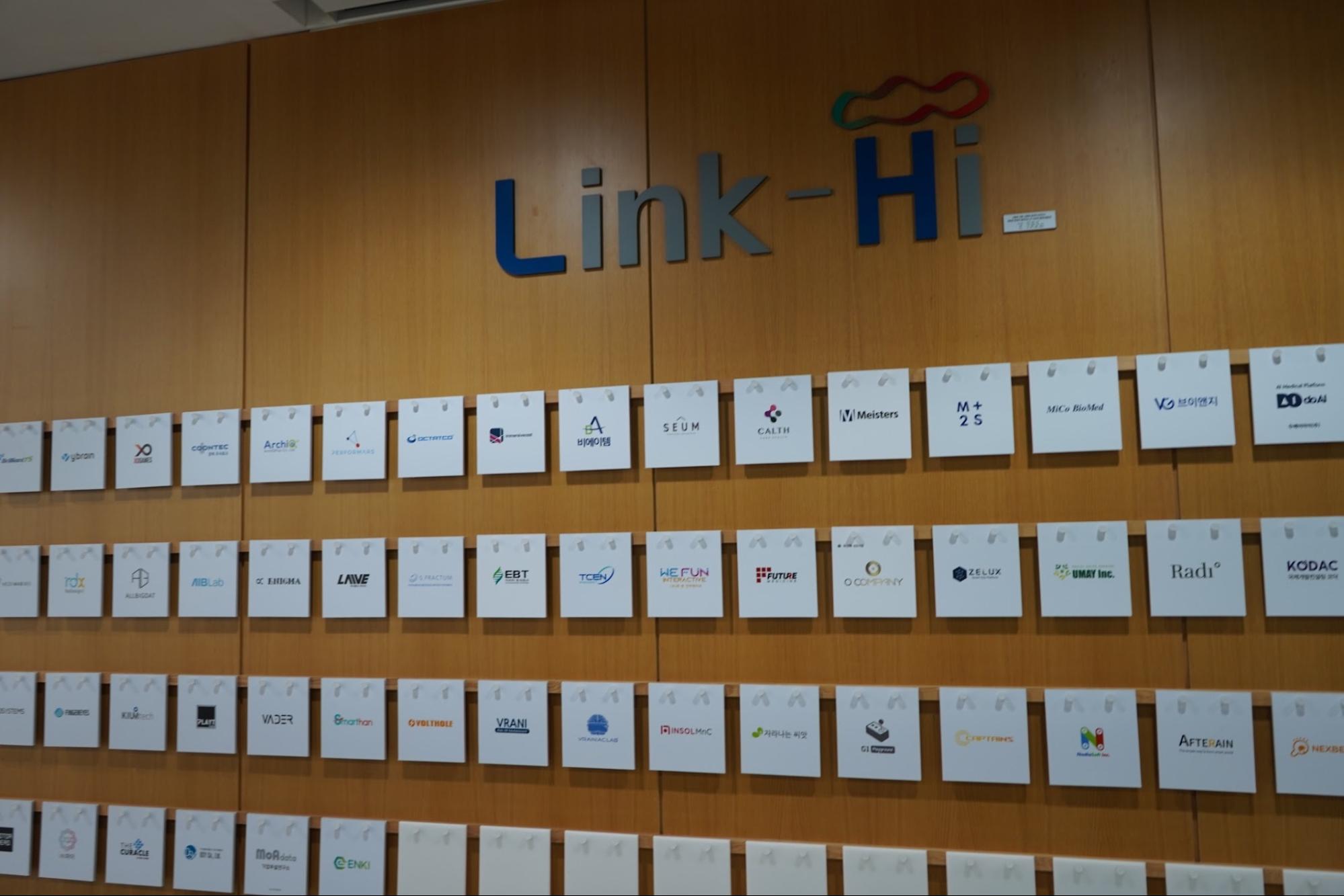
Of course, as You himself has explained, it takes a lot of effort for an unknown creator to create a game from scratch, which is the same in any country. 『SANABI』 became a reality because he and his team believed in their dreams.
However, it is also true that the seeds of dreams cannot grow without quality water and soil.
This interview made us contemplate whether there is enough quality soil left in Japan for another 『SANABI』 to grow, and if so, who would be doing the watering? Is Japan an environment in which young people can hold the seeds of dreams in the first place? We wonder.
Lastly, we would like to take this opportunity to thank the head of Vittgen Inc., Bae Sang Hyun, for his assistance with the interview setting, and rondo who interpreted.
Indie Intelligence Network plans to continue publishing long interview articles.
